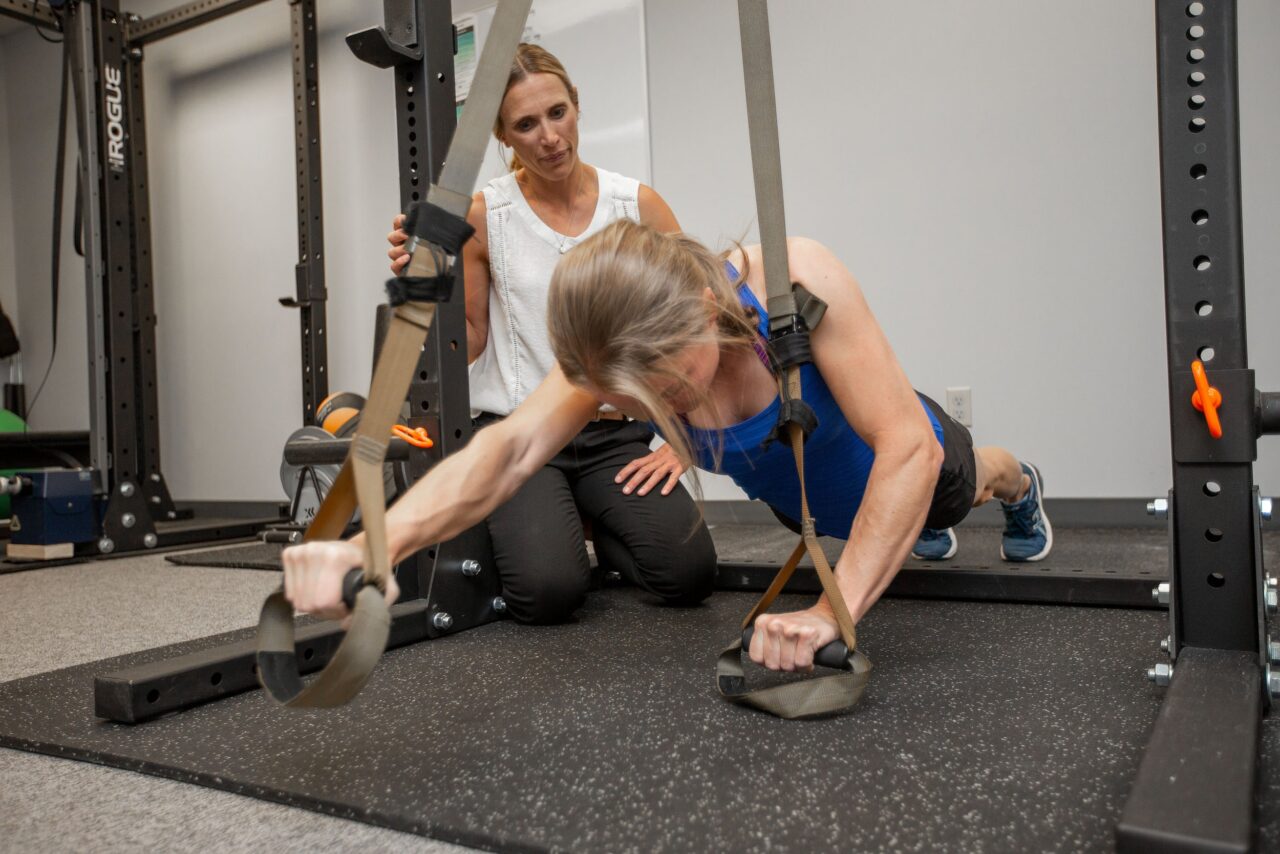Plyometrics are a type of exercise that involve explosive, high-intensity movements and are often used in sports training and rehabilitation programs for many types of overhead athletes, but not often enough for rock climbers. They can be an effective way to improve muscle power, speed, and coordination, and can be especially useful in helping athletes prepare for the specific demands of climbing.
The 2022 Bern Consensus Statement on Shoulder Rehabilitation and Return To Sport For Athletes (Schwank et al, 2022) strongly recommends the use of plyometric exercises as preparation for returning to sport. This is an area often overlooked with rock climbing rehabilitation but plyometric movements are used frequently in climbing. Dynamic movements in bouldering and sport climbing, big deadpoints, and holding on after your foot pops are all examples of movements that can cause injury if the climber does not have adequate plyometric strength/control during their climbing.
When incorporating plyometrics into a rehabilitation program, it is important to start with low-load exercises and gradually progress in intensity and complexity as the athlete’s strength and mobility improve. This may involve starting with small-amplitude movements on the ground, progressing to large amplitude movements on a pull up bar or on the wall, and gradually increasing the resistance and adding more sport-specific movements as the climbers progress.
It is also important to pay attention to proper technique when performing plyometric exercises, as improper form can increase the risk of injury. It is helpful to work with a physical therapist or other trained healthcare professional to ensure that the exercises are being performed correctly and to determine the appropriate level of intensity for the individual climber.
Try the following plyometric exercises for the upper body to help prevent climbing injuries or to fully rehab from current injuries.
1. Plyometric Crimping on Hangboard
-Progressing to using the campus board
2. Plyometric Pull Ups
-Starting assisted, progressing toward resisted
3. Plyometric Push Ups
-Start small amplitude and progress to large amplitude
If you’re a rock climber experiencing knee pain, schedule an appointment with a rock climbing specialist at Mend. We have locations in Boulder and Lafayette, Colorado. Many physicians, surgeons, and physical therapists do not understand the sport of rock climbing and may give incorrect or ill-advised advice on whether or not to return to climbing. The rock climbing specialists and Mend understand the sport and know when and how to safely return to rock climbing.

